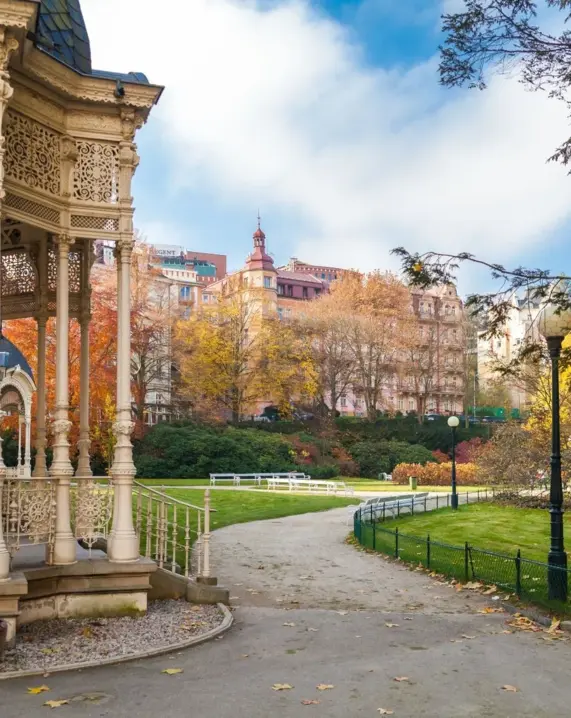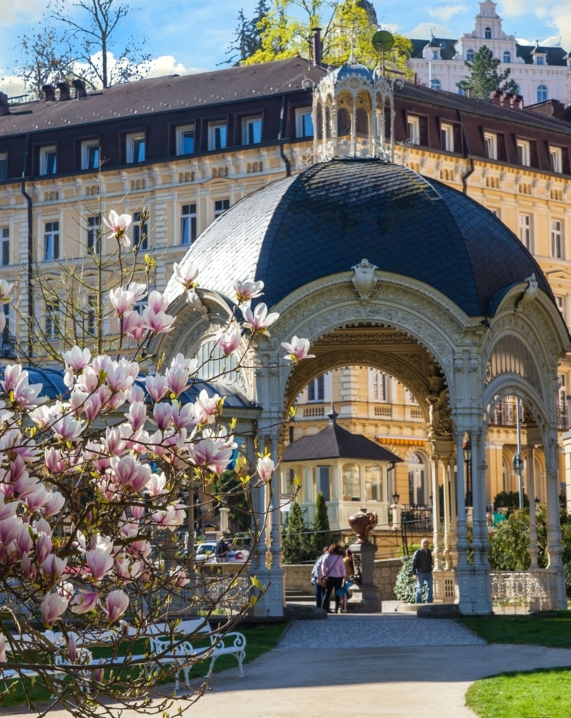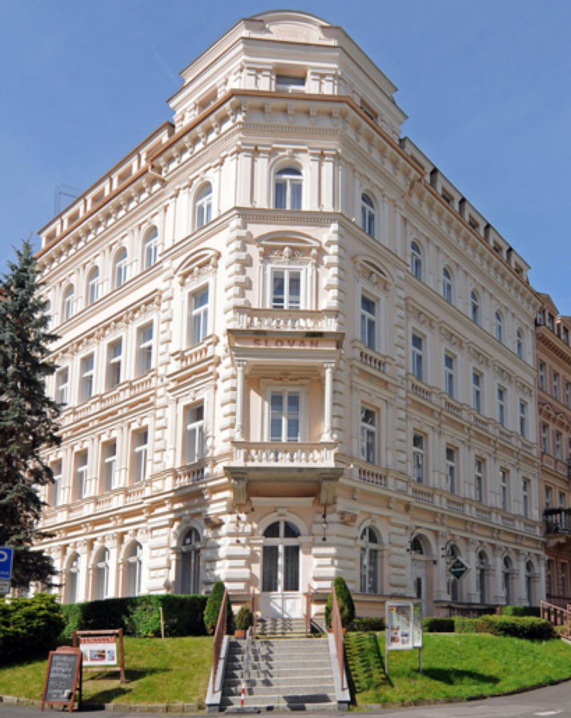
Bohemia Spa
Number of children
1 Child
2 Child
3 Child
4 Child
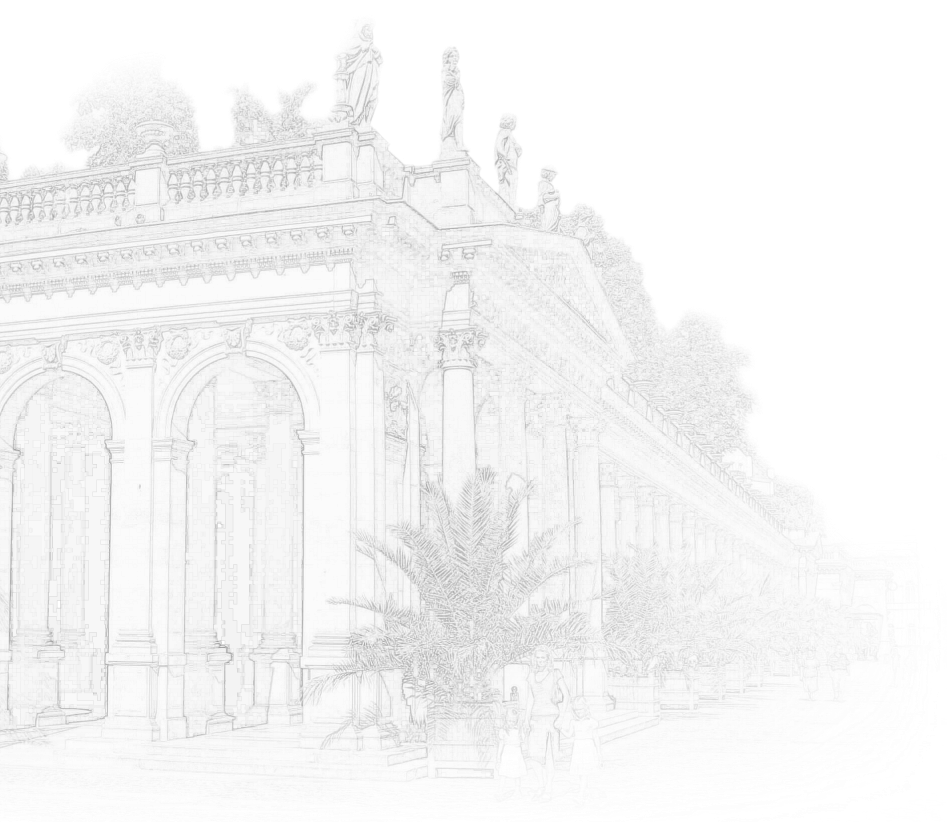
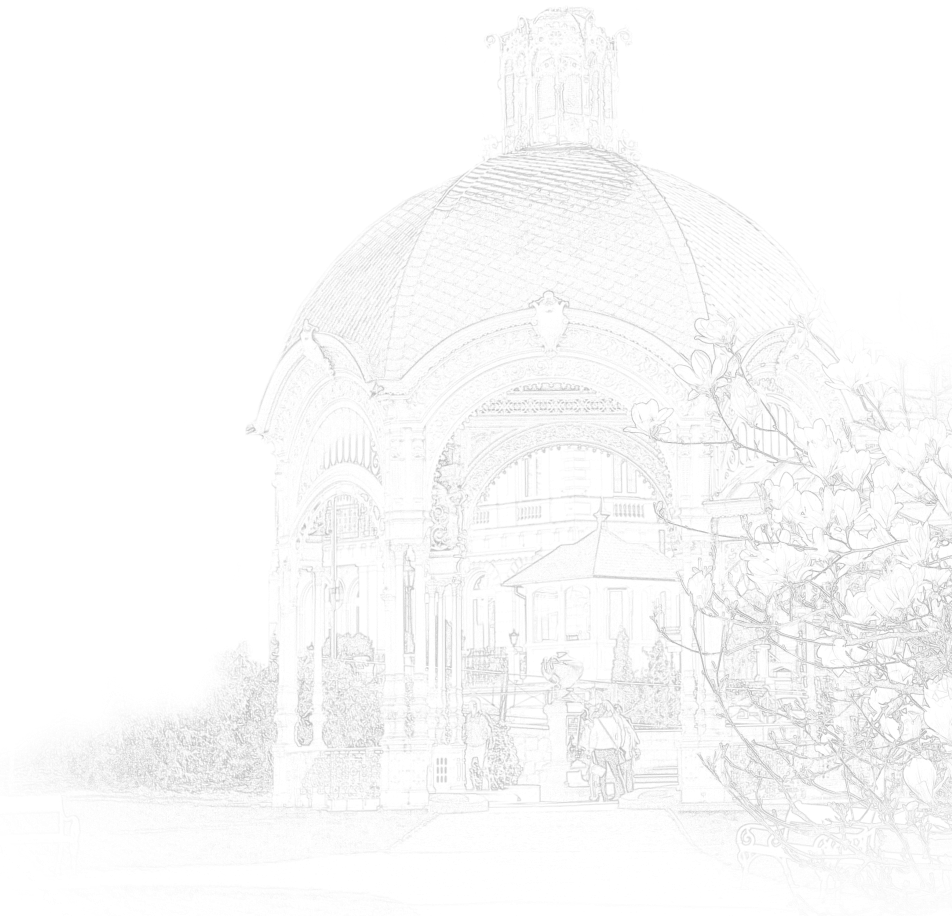
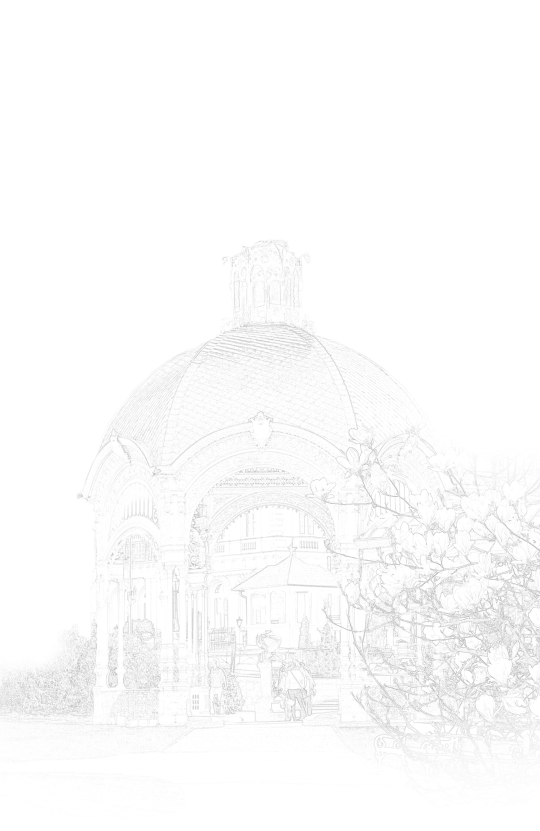
A holiday to relax body and mind
Where our story begins
The Bohemia – lázně Company was founded in 1992 and continued the traditional Karlovy Vary treatment. It provides treatment within its own balneotherapy centre with mineral water, which is located in the Kriváň Spa Hotel. It includes a modern Wellness & Spa Centre with a swimming pool equipped with counterflow, waterspout, massage bench and a sauna corner - Finnish sauna, steam sauna, infrared sauna and ice cabin.
special offers














The luxurious atmosphere of the past
Relaxation in the heart of Karlovy Vary
Thanks to its rich history, beautiful spa architecture, enchanting nature, unique thermal springs and interesting trips around the area, Karlovy Vary is one of the cities you should definitely visit.
Restoring harmony
spa procedures
In their own balneology centre, guests can always take advantage of the extensive range of spa, therapeutic and physiotherapy services to their full satisfaction and comfort.
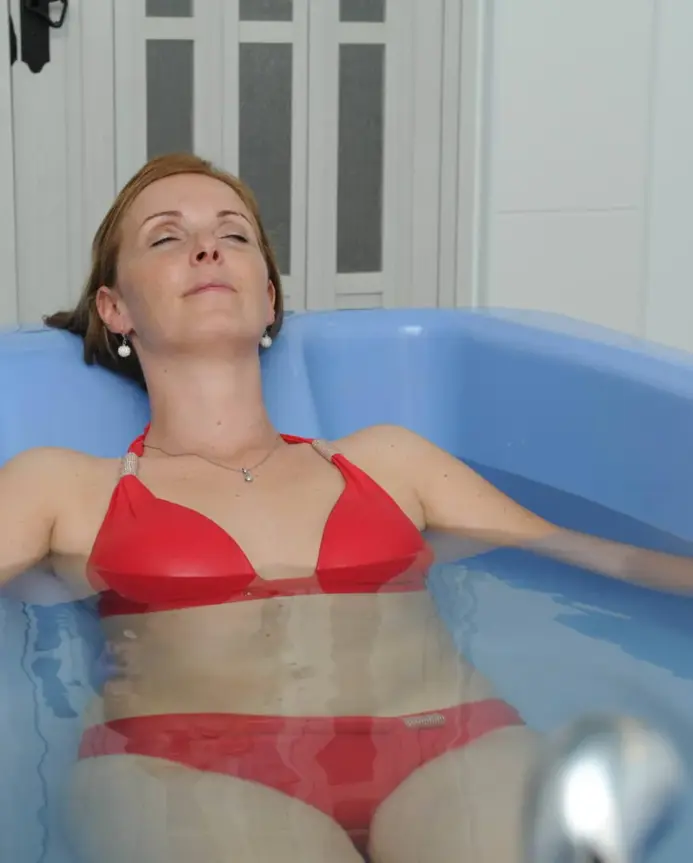
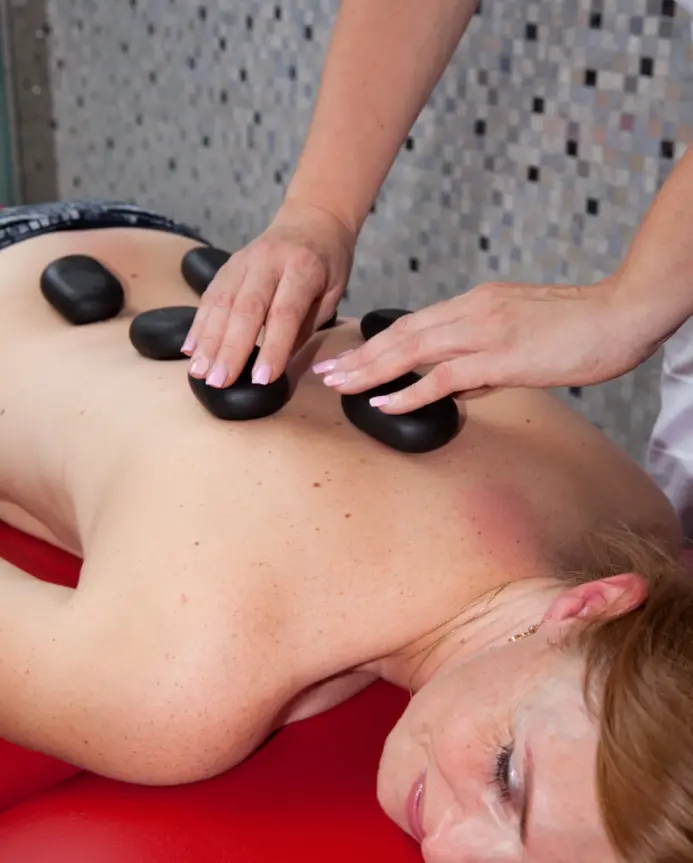
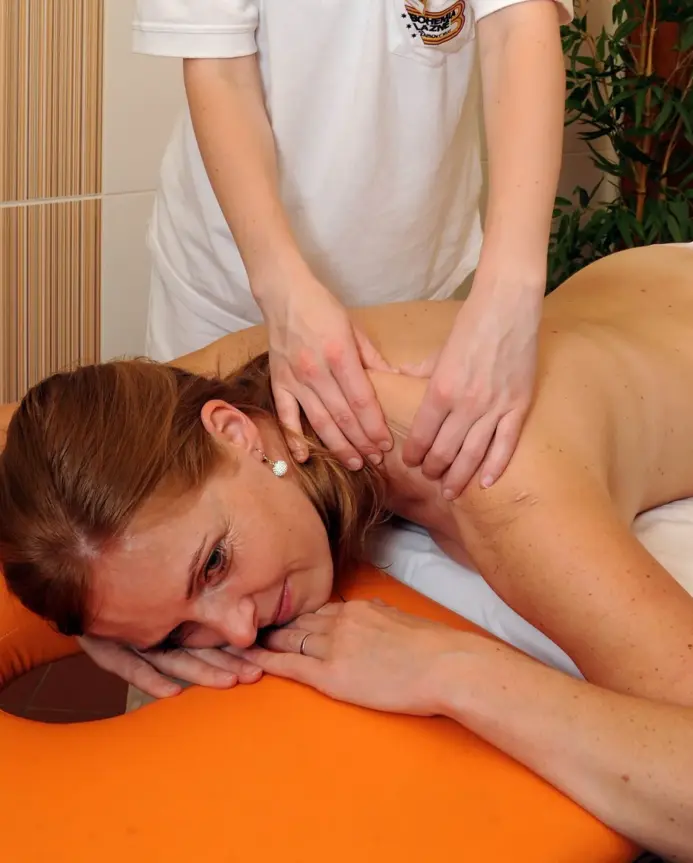
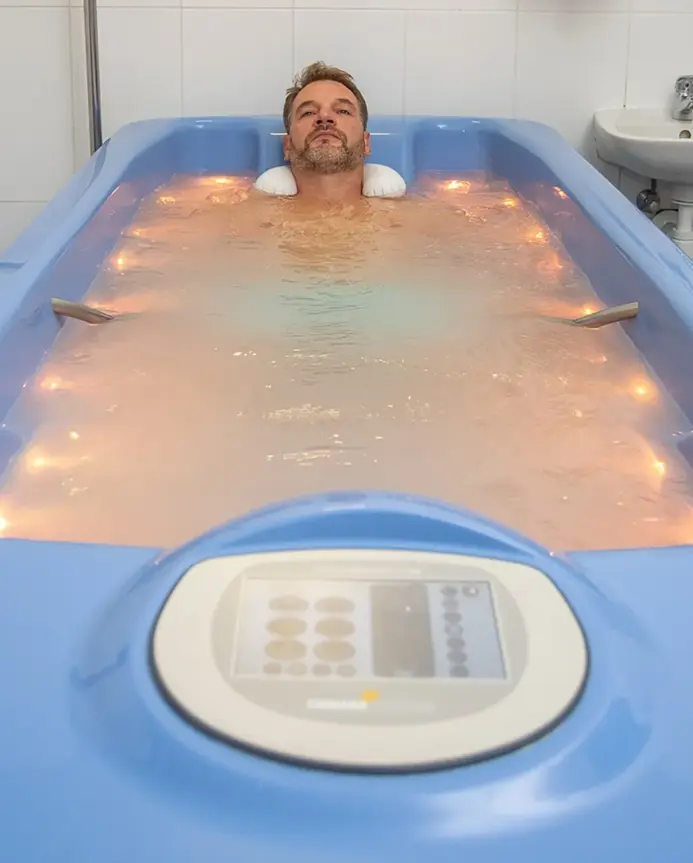
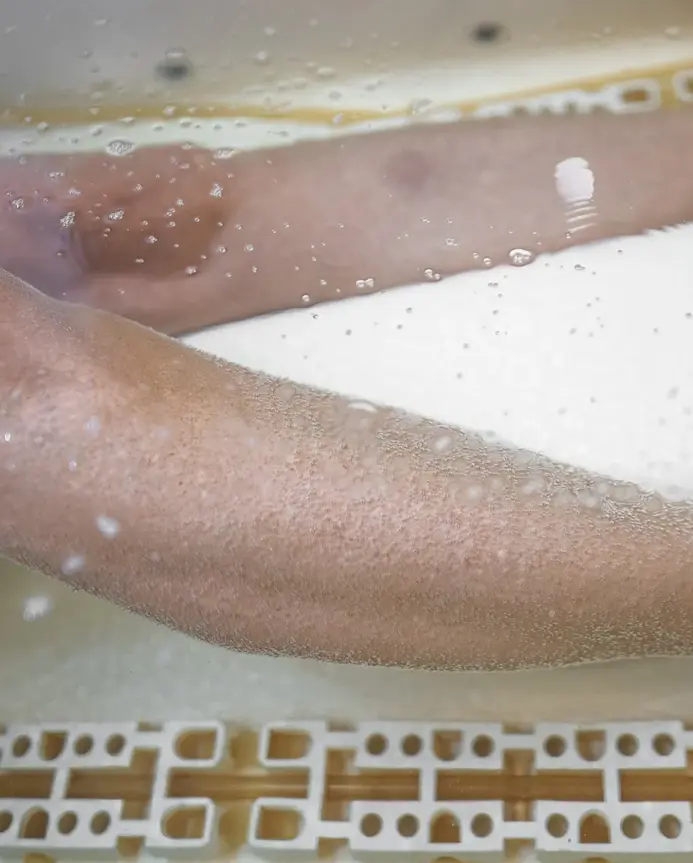
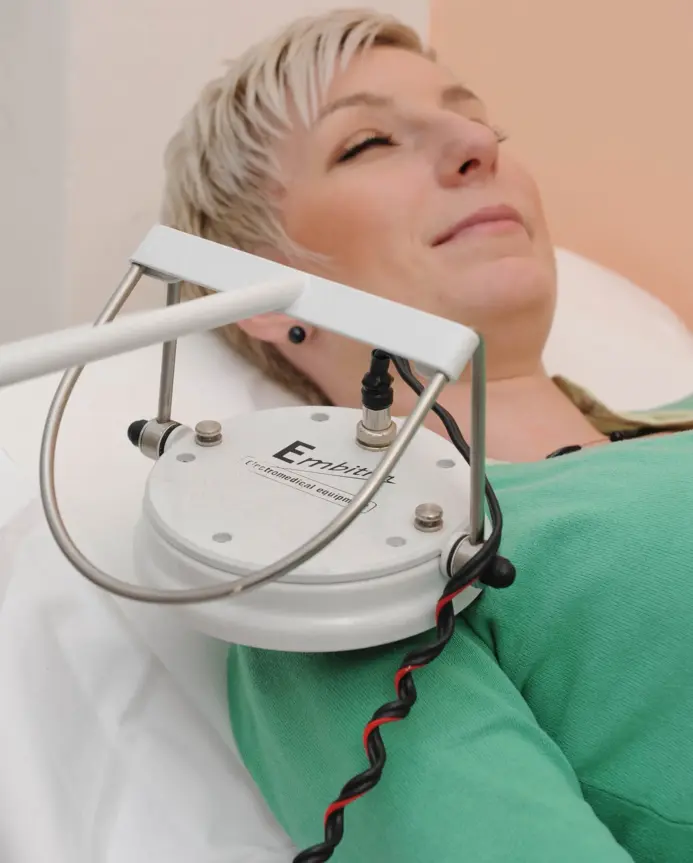
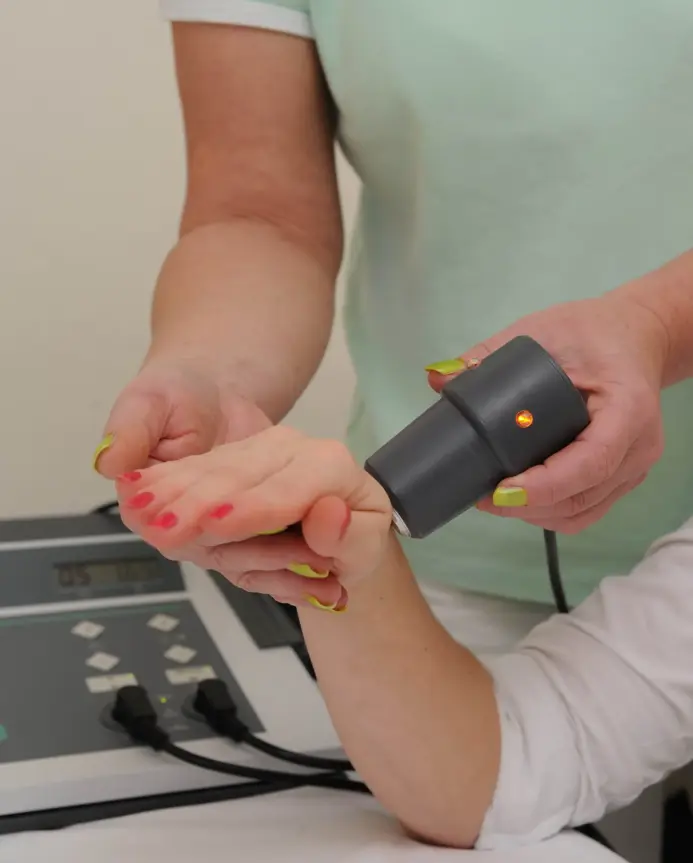
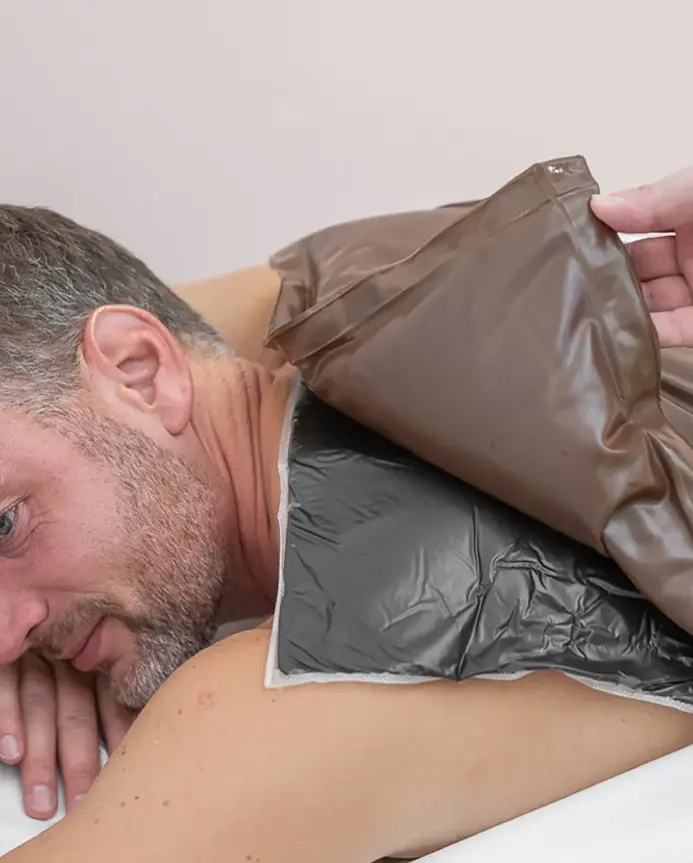
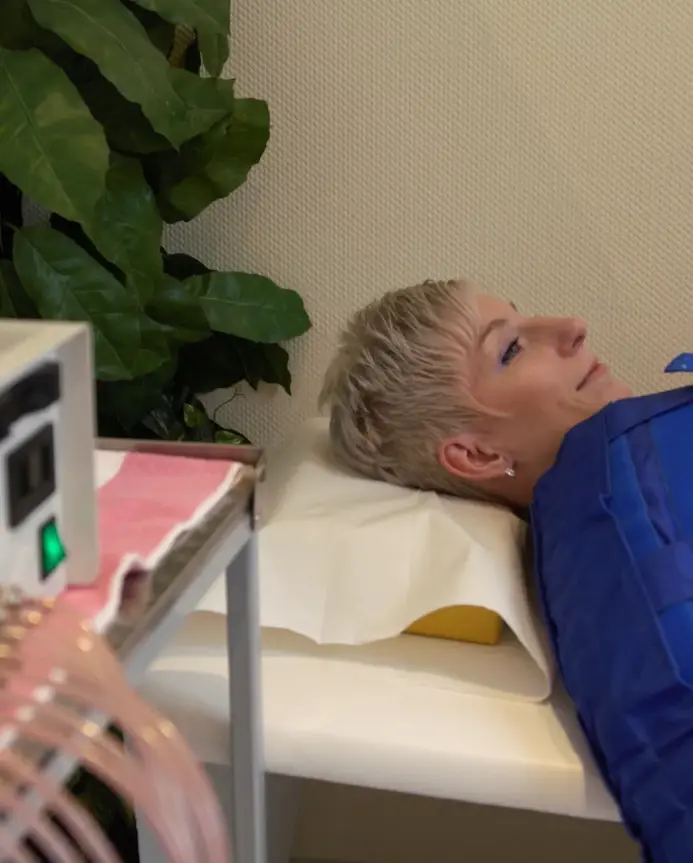
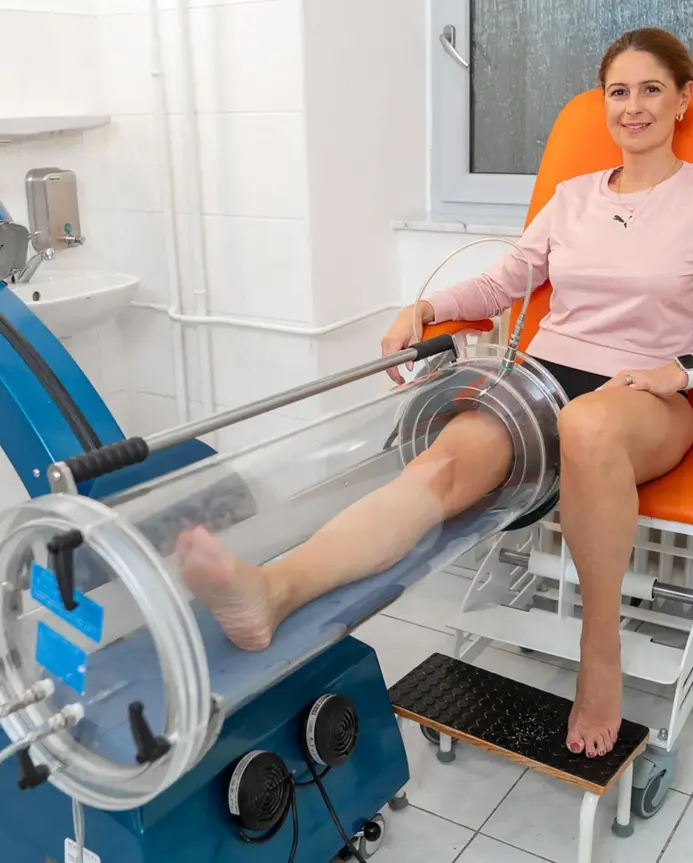

Bohemia-lázně company has opened a modern Wellness & Spa Centre, which offers new opportunities for relaxation and active leisure. The main part of the centre is a swiming pool with counter-current, a waterspout and a whirlpool massage bench, designed for complete regeneration and relaxation.
& Spa Center
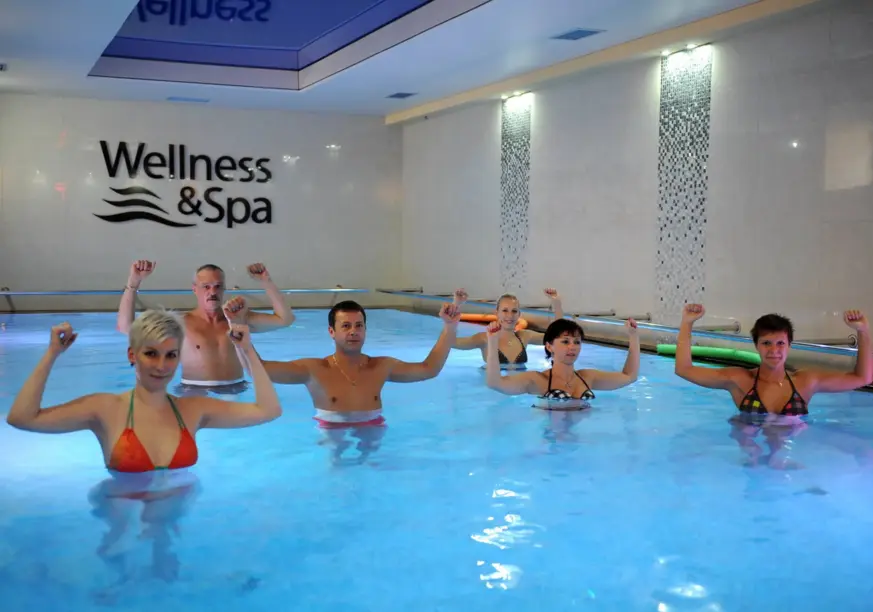
Nearby attractions






We cooperate with all health insurance companies in providing spa care covered
by health insurance in the Czech Republic.
